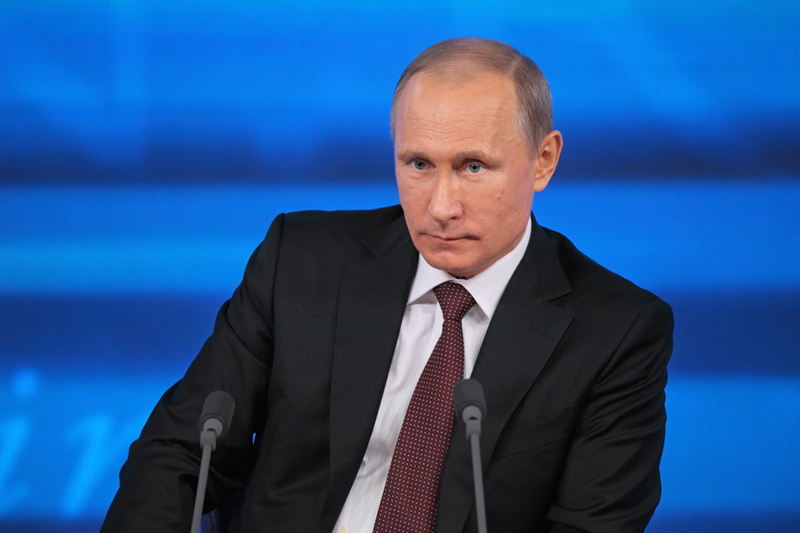Investing.com - The euro inched lower against the dollar on Wednesday after Russian President Vladimir took steps to diffuse the crisis in neighboring Ukraine.
In U.S. trading, EUR/USD was down 0.04% at 1.3923, up from a session low of 1.3912 and off a high of 1.3939.
The pair was likely to find support at 1.3812, Friday's low, and resistance at 1.3966, the high from March 13.
Concerns that Ukraine will descend into civil war eased after President Putin called on separatists in the eastern reaches of the country to postpone their referendum on independence, and added that Russia had withdrawn its forces from the border.
Putin stressed that Russia will do "all it can" to resolve the crisis and will take a "most positive" approach to international peace efforts.
The crisis has taken its toll on the dollar by stoking fears the U.S. will become more involved, which could hamper recovery.
The dollar, however, did see headwinds back home.
Federal Reserve Chair Janet Yellen said earlier that a high degree of monetary accommodation remains warranted given the slack still persistent in the economy, and added that while conditions in the U.S. labor market have improved, they remain far from satisfactory.
Yellen added that monetary authorities expect economic growth to accelerate this year despite the slowdown in the first quarter but warned that the recent housing market slowdown "could prove more protracted than currently expected."
The euro was flat against the pound, with EUR/GBP down 0.01% to 0.8204, and down against the yen, with EUR/JPY down 0.10% at 141.49.
Sterling continued to see support after Markit Economics said the U.K. services PMI rose to a four-month high of 58.7 last month from 57.6 in March. Analysts had expected the index to remain unchanged in April.
The upbeat data added to expectations the Bank of England could raise borrowing costs ahead of other central banks.
On Thursday in the euro zone, Germany is to publish a report on industrial production.
Later in the day, the ECB is to announce its benchmark interest rate. The announcement is to be followed by a press conference with President Mario Draghi.
The U.S., meanwhile, is to publish its weekly report on initial jobless claims.
